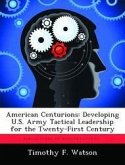
Broschiertes Buch
21. September 2012
Creative Media Partners, LLC

eBook, PDF
12. Juni 2015
OUP eBook
Ähnliche Artikel
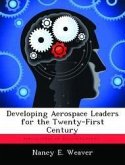
Broschiertes Buch
5. Dezember 2012
Creative Media Partners, LLC

Broschiertes Buch
23. Oktober 2012
Creative Media Partners, LLC
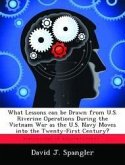
Broschiertes Buch
19. September 2012
Creative Media Partners, LLC
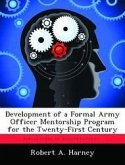
Broschiertes Buch
17. Oktober 2012
Creative Media Partners, LLC
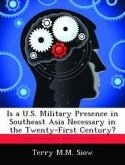
Broschiertes Buch
13. September 2012
Creative Media Partners, LLC

Broschiertes Buch
29. November 2012
Creative Media Partners, LLC
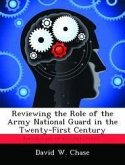
Broschiertes Buch
19. November 2012
Creative Media Partners, LLC
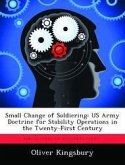
Broschiertes Buch
23. Oktober 2012
Creative Media Partners, LLC
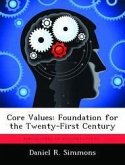
Broschiertes Buch
11. September 2012
Creative Media Partners, LLC
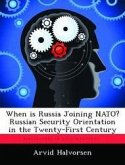
Broschiertes Buch
17. Oktober 2012
Creative Media Partners, LLC
Ähnlichkeitssuche: Fact®Finder von OMIKRON
